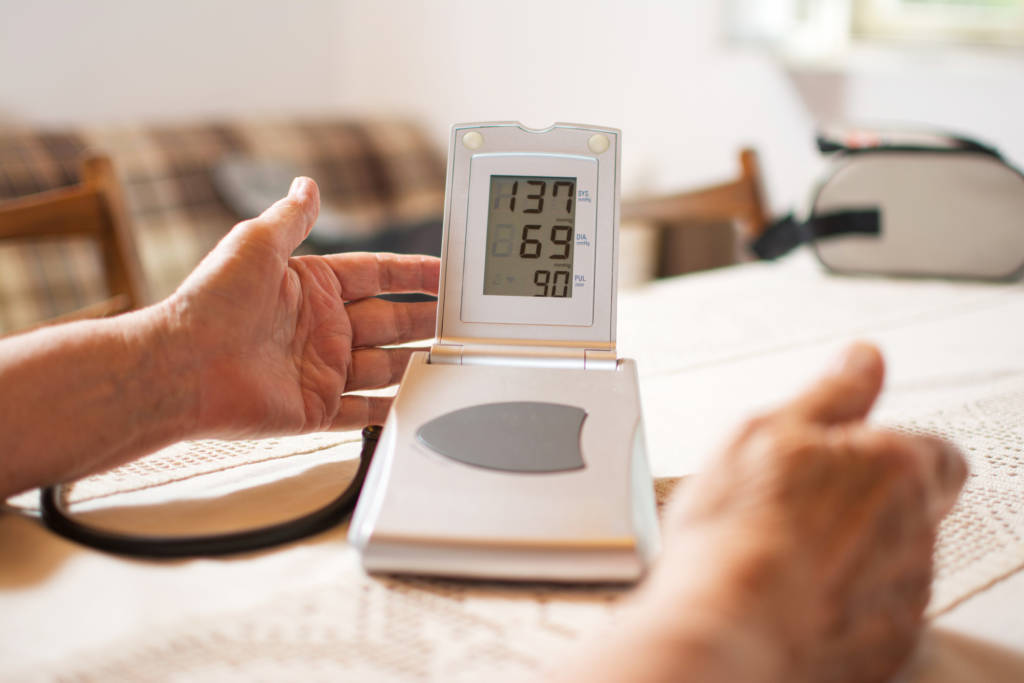 Diabetes is never an easy disease to manage, but coping with type 1 diabetes can be a particularly difficult challenge for teens.
Diabetes is never an easy disease to manage, but coping with type 1 diabetes can be a particularly difficult challenge for teens.
The transition from childhood to adolescence can be hard on both kids and parents, the JDRF (formerly the Juvenile Diabetes Research Foundation) says.
As boys and girls with type 1 diabetes enter puberty they undergo lots of changes, including increases in growth and appetite, which increases the need for insulin.
As children, eating was balanced with a ratio of one unit of insulin for every 30 grams of carbohydrates, but now they need one unit of insulin for 10 to 15 grams of carbohydrates, according to the foundation.
Sex hormones (estrogen and testosterone) also work against insulin. Insulin lowers blood sugar, but sex hormones raise it. Stress hormones, such as cortisol, also increase blood sugar, and teens can experience high levels of stress.
The emotional and social aspects of puberty can also make managing type 1 diabetes harder, the experts noted. It can be more difficult to manage blood sugar when peer pressure and a wide range of activities seem more pressing.
Teens can be preoccupied and forget boluses/injections, blood-sugar checks, necessary supplies and more.
Children going through puberty need more daily insulin. It’s good to talk to your doctor about any sudden and unexpected spike and come up with a plan, the JDRF advised in a news release.
School can also become more demanding, especially if you’re coping with type 1 diabetes. Studies show low, high or big swings in blood sugar affect the ability to focus.






